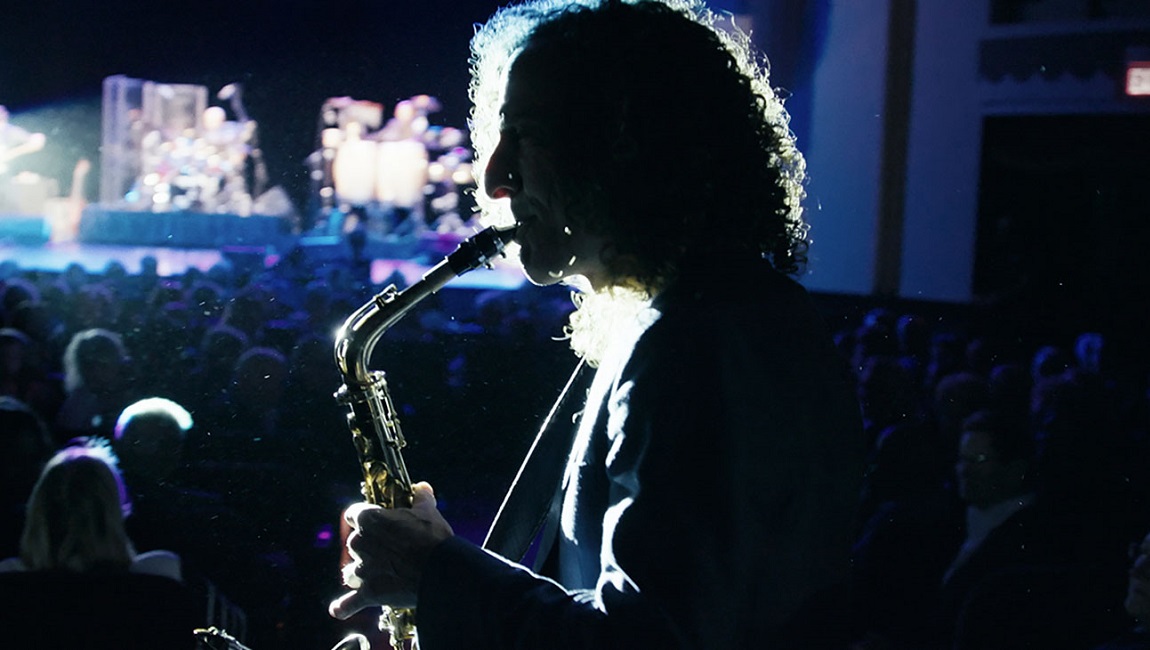The Human Voice is a recent high water mark for Almodóvar, a masterful exercise in depicting both interior and exterior surfaces.
In the late 1920s, the French poet, filmmaker, novelist, and playwright Jean Cocteau wrote a new play and brought it to the stage in 1930. Cocteau admitted he conceived of this monodrama when some of his actresses confronted him and complained that his eccentric writing and directing style didn’t provide enough opportunity for them to entirely realize their full acting potential. Now, after ninety years, Pedro Almodóvar brings The Human Voice to the screen as a 30-minute free cinematic adaptation of Cocteau’s work. It’s no wonder that Almodóvar was drawn to the material: Cocteau’s one-act play aligns very neatly with one of Almodóvar’s favorite recurring motifs, offering as it does an affectionate observation of its female protagonist teetering on the edge of a nervous breakdown. The director partners with Tilda Swinton for his first English-language film, which recounts the story of an anonymous woman who is overcome with hysteria after she finds herself facing the sudden disappearance of her lover and impatiently waiting for him to return. Indeed, The Human Voice is largely built upon Swinton’s singular deportment, and Almodóvar and his regular cinematographer, José Luis Alcaine, attune the camera to Swinton’s perfervid presence, capturing gestures and postures, facial expressions, eye movements, and the shifting ways she shapes her constant confessional monologues in the form of a one-sided conversation with her beloved delivered via her AirPods. The camera follows her through the rooms, corridors, and doorways of her apartment (the set is constructed with a clear theatricality) as if she’s confined within her hallucinatory and labyrinthine isolation — which sounds even more appropriate for a project shot during the pandemic and domestic lockdown. Over the film’s economical runtime, one which gives Almodóvar’s narrative more focus and integrity than is found in some of his features, the camera whirls around his protagonist’s body, frequently depicting her face in close-up and allowing viewers a view of her bubbling interiority.
But Almodóvar’s work is just as much about exterior spaces as it is about Swinton’s performance. Here, the beautiful varicolored set is not merely ornamental but also bestows an expressive and revelatory quality upon the narrative. The linens, fabrics, pigments, and various objects work in total harmony with the character. In Almodóvar’s hands, a distressed woman, who herself seems but another object within a luxurious apartment saturated in color at the beginning, soon integrates into and guides through the space. She changes her cold blue suit to a deep red turtleneck sweater — as if externalizing her impassioned woundedness — and in the film’s final scene, she wears a black leather jacket as a sign of rebellious re-emergence. Paintings of nude female figures on the wall and even a hollow, wire dressmaker mannequin on the set reflect Swinton’s act of baring herself through raw, sometimes therapeutic communication. A broken champagne glass and shattered china shows her fragility, and whenever she lights a cigarette, cherry tip burning red, she expresses her most desperate and vengeful thoughts. In an earlier scene, Swinton steps into a hardware store as she conceals her eyes behind a big pair of sunglasses — recalling Gena Rowlands’ appearance in John Cassavetes’ Opening Night. It’s a fitting comparison as The Human Voice is a film likewise about a woman’s authentic self competing with a persona, someone who oscillates between being on and off the metaphorical stage, existing somewhere between reality, dream, and nightmare, life and death, and varying psychological states (Alberto Iglesias’ histrionic strings help to intensify this atmosphere.) In this way, Almodóvar’s latest is something of a meta-film, its theatrical artifice working in tandem with its emphasis on the human instinct for performance. Through his precise mise-en-scène and his attention to minor details, he turns Cocteau’s play into a multi-layered film focused on an actress incessantly covering and uncovering, recovering, and finally discovering herself.
Originally published as part of NYFF 2020 — Dispatch 4.







